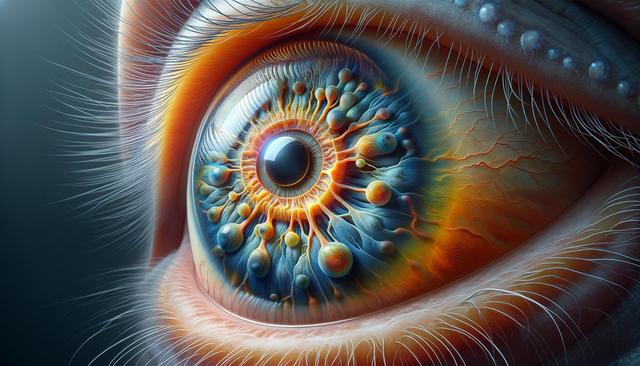Understanding Macular Degeneration
Macular degeneration, particularly age-related macular degeneration (AMD), affects the central portion of the retina known as the macula. This area is crucial for sharp, detailed vision required for tasks such as reading, driving, and recognizing faces. The condition typically progresses in two forms: dry and wet. Dry macular degeneration is more common and involves the gradual thinning of the macula, while wet macular degeneration is characterized by abnormal blood vessel growth that can leak fluid or blood into the retina. Recognizing the early signs—such as blurry vision, difficulty seeing in low light, or straight lines appearing distorted—can lead to earlier diagnosis and more effective management.
Diagnostic Approaches for Early Detection
Early detection of macular degeneration plays a critical role in slowing the progression of the disease. Eye care professionals use several diagnostic tools to identify changes in the retina. These include:
- Visual acuity tests to check the clarity of vision
- Amsler grid tests to detect visual distortions
- Optical coherence tomography (OCT) for detailed imaging of the retina
- Fluorescein angiography to observe blood flow in the retina
Routine eye exams, especially for individuals over the age of 50 or those with a family history of macular degeneration, are essential. Lifestyle risk factors such as smoking, high blood pressure, and poor diet can also contribute to the development of AMD, making it important to monitor overall health in conjunction with eye health.
Effective Treatments for Dry Macular Degeneration
While no cure currently exists for dry macular degeneration, several strategies can help manage symptoms and slow progression. Nutritional intervention plays a significant role. Studies have shown that specific combinations of vitamins and minerals—commonly referred to as AREDS and AREDS2 formulations—can be beneficial. These supplements typically include:
- Vitamin C and E
- Zinc and copper
- Lutein and zeaxanthin
In addition to supplements, maintaining a diet rich in leafy greens, fish high in omega-3 fatty acids, and colorful fruits can support macular health. Low vision aids, such as magnifying devices and specialized reading tools, can also improve quality of life for those with moderate vision loss.
Options for Treating Wet Macular Degeneration
Wet macular degeneration often progresses more rapidly than the dry form, but several medical treatments can help preserve vision. The most widely used are anti-VEGF (vascular endothelial growth factor) injections, which inhibit the growth of abnormal blood vessels in the retina. These injections are typically administered regularly and have been shown to stabilize, and in some cases, improve vision. Other treatment options include:
- Photodynamic therapy, which combines a light-sensitive drug with laser treatment
- Laser photocoagulation, used to seal leaking blood vessels
Early intervention with these treatments can make a significant difference in outcomes, emphasizing the importance of prompt diagnosis and follow-up care.
Lifestyle and Long-Term Management
Managing macular degeneration goes beyond clinical treatments. A combination of healthy lifestyle choices and ongoing monitoring can support eye health and overall well-being. Key recommendations include:
- Quitting smoking, as it significantly increases the risk of AMD progression
- Wearing sunglasses to protect eyes from harmful UV rays
- Maintaining a healthy weight and controlling blood pressure and cholesterol
- Engaging in regular physical activity to support circulation
Regular eye check-ups allow for tracking the condition’s progression and adjusting treatment plans as needed. Support groups and vision rehabilitation services can also help individuals adapt to vision changes and maintain independence.
Conclusion: Supporting Vision Through Awareness and Care
Macular degeneration is a complex condition that requires a proactive approach to detection, treatment, and lifestyle management. While it may not be curable, effective treatments and healthy habits can significantly impact the quality of life for those affected. Staying informed, seeking regular eye exams, and working closely with healthcare professionals can help individuals retain as much of their vision as possible and continue to lead fulfilling lives.






